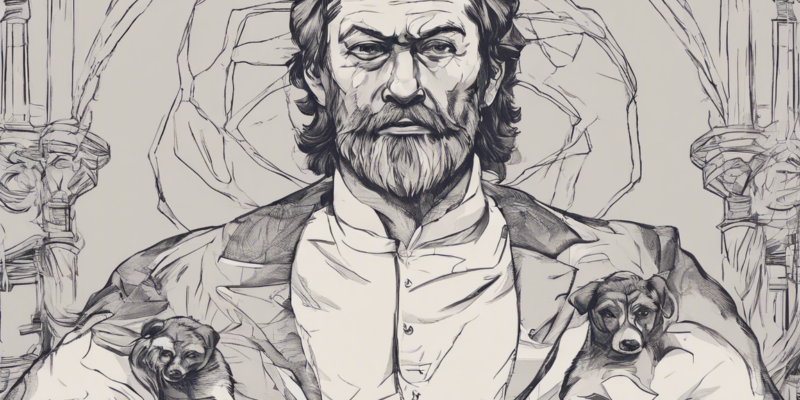Born in Tehran, Iran, in 1944, Abbas Attar was a distinguished photojournalist recognized worldwide for his outstanding contributions to the field of photography. Throughout his illustrious career, Abbas captured powerful images that highlighted key social and political issues across the globe. His work often delved deep into the human condition, showcasing the triumphs and tribulations of individuals in various contexts.
Early Life and Career
Abbas’s passion for photography emerged during his university years in Paris, where he studied cinema. His interest in visual storytelling led him to work as a freelance photographer for prestigious publications such as Magnum Photos and Newsweek. This period marked the beginning of his extensive photographic journey, where he documented pivotal historical events and cultural phenomena.
Documenting Revolution and Conflict
One of Abbas’s most notable bodies of work is his documentation of the Iranian Revolution in 1979. Through his lens, he captured the intense emotions and fervor of the Iranian people as they rose up against the monarchy. His images provide a raw and intimate look at the revolution, offering viewers a glimpse into the heart of the uprising.
Humanitarian Stories
In addition to his coverage of conflict and revolution, Abbas was deeply committed to capturing humanitarian stories around the world. From war-torn regions to areas affected by poverty and natural disasters, he shed light on the resilience and strength of individuals facing adversity. His photographs serve as a poignant reminder of the human spirit’s unwavering ability to endure and overcome challenges.
Artistic Vision
Abbas’s photographic style was characterized by its depth and emotional resonance. He had a unique ability to convey the essence of a moment through his images, evoking profound feelings in those who viewed his work. Whether photographing a protest in the streets or a quiet moment of reflection, Abbas approached each subject with empathy and sensitivity, resulting in photographs that transcended mere visual documentation.
Legacy and Influence
Abbas’s impact on the world of photography continues to be felt long after his passing in 2018. His dedication to capturing the truth and telling compelling stories through his images has inspired countless photographers to follow in his footsteps. His work remains a testament to the power of photography as a medium for social commentary and storytelling.
Frequently Asked Questions (FAQs)
1. What themes did Abbas Attar often explore in his photography?
– Abbas Attar’s photography often delved into themes of conflict, revolution, humanitarian crises, and the resilience of the human spirit.
2. How did Abbas’s background influence his photography?
– Abbas’s multicultural background and experiences living in various countries informed his unique perspective as a photographer, allowing him to connect with diverse subjects on a deeper level.
3. What was Abbas Attar’s approach to storytelling through photography?
– Abbas believed in capturing authentic moments that revealed the essence of a situation or event, prioritizing emotional impact and human connection in his images.
4. How did Abbas’s work contribute to the field of photojournalism?
– Abbas’s work pushed the boundaries of traditional photojournalism, showcasing the power of images to provoke thought, evoke emotion, and prompt social change.
5. What legacy has Abbas Attar left behind in the world of photography?
– Abbas Attar’s legacy is one of unparalleled storytelling through photography, inspiring generations of photographers to use their craft as a tool for social commentary and advocacy.


Comments